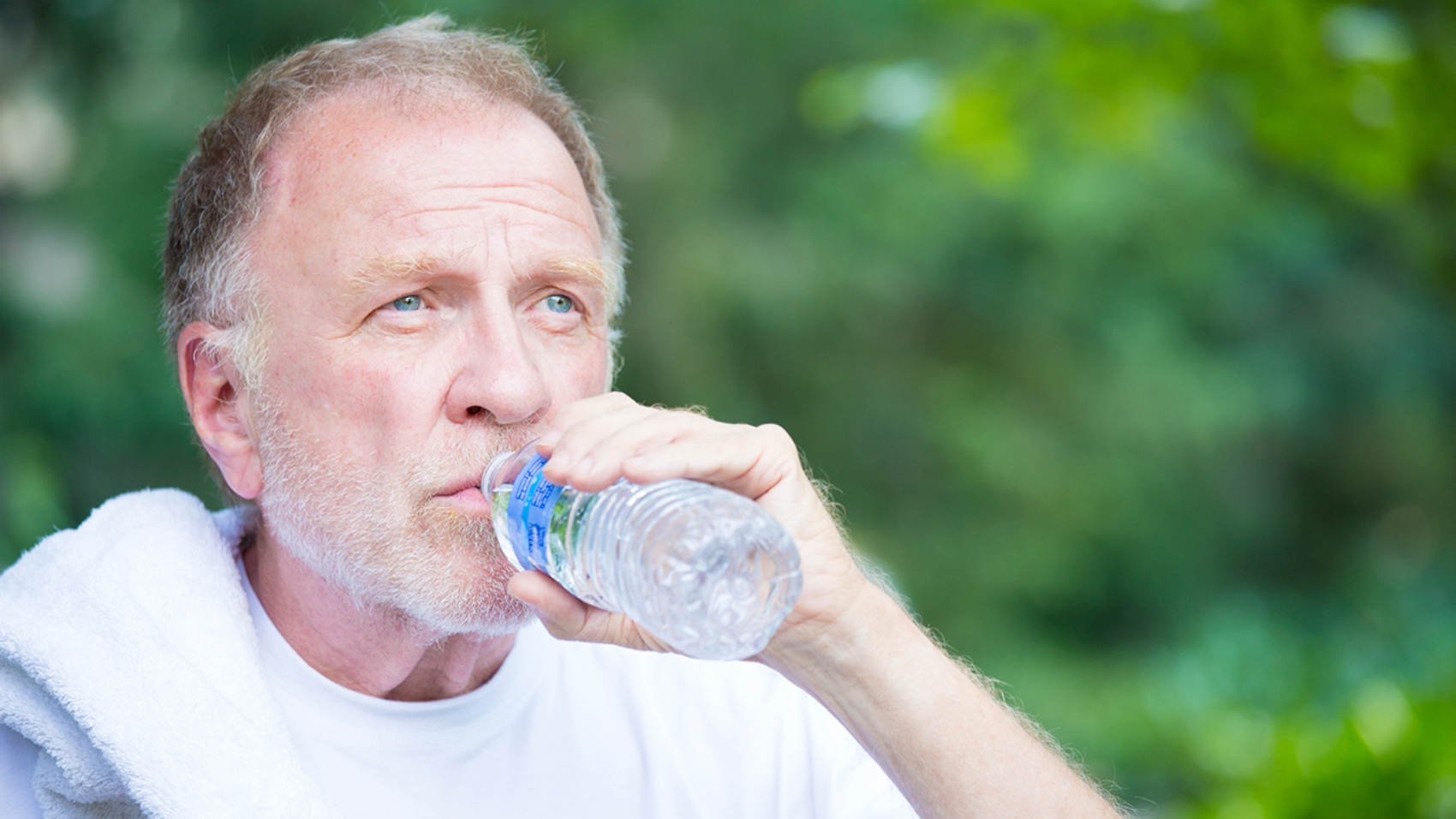As we start into the steamy summer months here in Georgia’s Lake Country, it is very important to stay safe during these hot and humid days of summer. What can you do to protect yourself in a heat wave — or simply in the hot summer sun?
Know the signs of trouble. Heat cramps are an early sign your body is suffering from the heat — they’re more likely with heavy exercise or work. Along with muscle cramps, you may sweat heavily and feel very thirsty or fatigued. Heat exhaustion can happen when you lose a lot of fluids from heavy sweating. These are a few other signs and symptoms of heat exhaustion:
- Headache
- Dizziness or feeling weak or confused
- Nausea or vomiting
- Elevated Heart Rate
- Cool, moist skin
- Dark-colored urine, a sign of dehydration
If not treated, heat exhaustion can develop into heatstroke, which can be deadly because the body loses the ability to cool itself. Call 9-1-1 if someone shows signs of shock, becomes very confused, has a seizure, a fever over 102 degrees F, breathes rapidly, has a rapid pulse, or loses consciousness.
Nip problems in the bud. If you have symptoms of heat exhaustion, get out of the heat as quickly as you can. Rest in a cool, shady place with your feet raised. Drink plenty of fluids, but avoid alcohol or caffeine. Apply cool compresses or take a cool shower or bath. Contact a doctor if you don’t feel better within 30 minutes.
Beat the heat. In a heat wave, take these steps:
- Avoid taxing activities if you can.
- Stay indoors during the hottest hours of the day. The sun’s ultraviolet (UV) rays are strongest between 10 am and 4 pm.
- If you don’t have air conditioning, go to a library, mall, or other public place to cool down for a few hours.
- Wear lightweight, loose-fitting clothing and avoid wearing dark colors, which trap the heat.
- Use a hat or umbrella outdoors.
- Keeping a cool/damp towel (such as a Frogg Togg towel) available in a portable cooler to lie around your neck and/or over your head will help keep your body and brain cool during exposure to high heat.
- Allow your car to cool off before you get in.
- Drink water and eat small meals often. Drink less alcohol and fewer caffeinated drinks. Adding an electrolyte drink such as Gatorade or Powerade (available sugar-free if preferred or required) to account for at least 25% of your fluid intake is a good general rule as well.
- Don’t take salt tablets unless your doctor tells you to.
Protect those at increased risk. Help protect those who are most vulnerable in the heat. This includes children, older adults, and people who are obese, ill, exercising vigorously, or not used to the heat or high humidity. For example, make sure children drink plenty of water and you might want to check in on your elderly neighbors once in a while just to be safe.
It’s important to know certain medicines can also increase your risk of heatstroke. This includes allergy, blood pressure, and seizure drugs as well as medicines used for mental health conditions. Talk this over with your pharmacist to make sure you stay safe and know the signs of problems. Also, if you have a chronic condition, it’s a great idea to ask your doctor, or pharmacist, about other ways to lower your risk of heatstroke. Stop by Lake Country Pharmacy and let us help you stay safe through the hot summer months.

